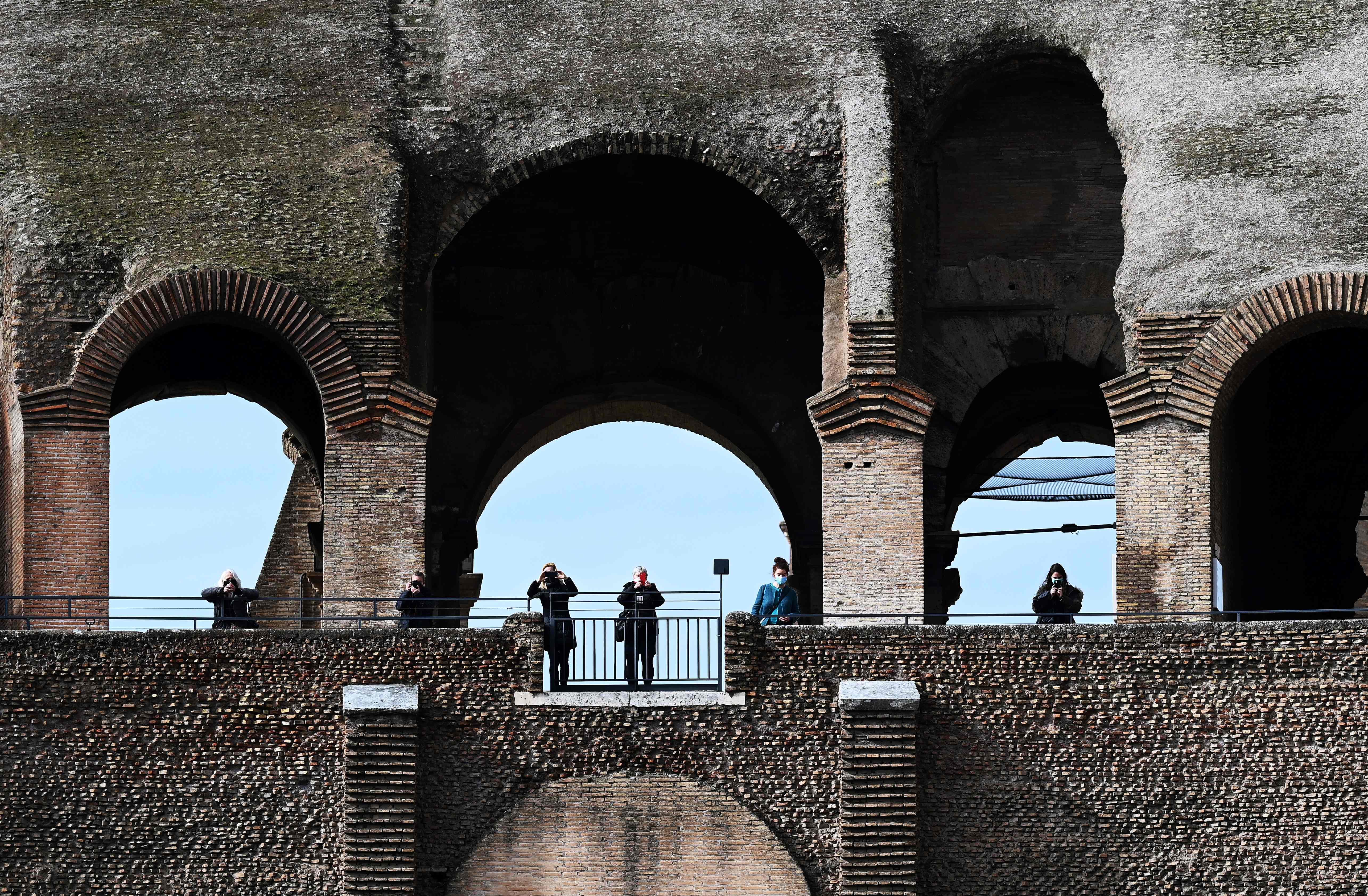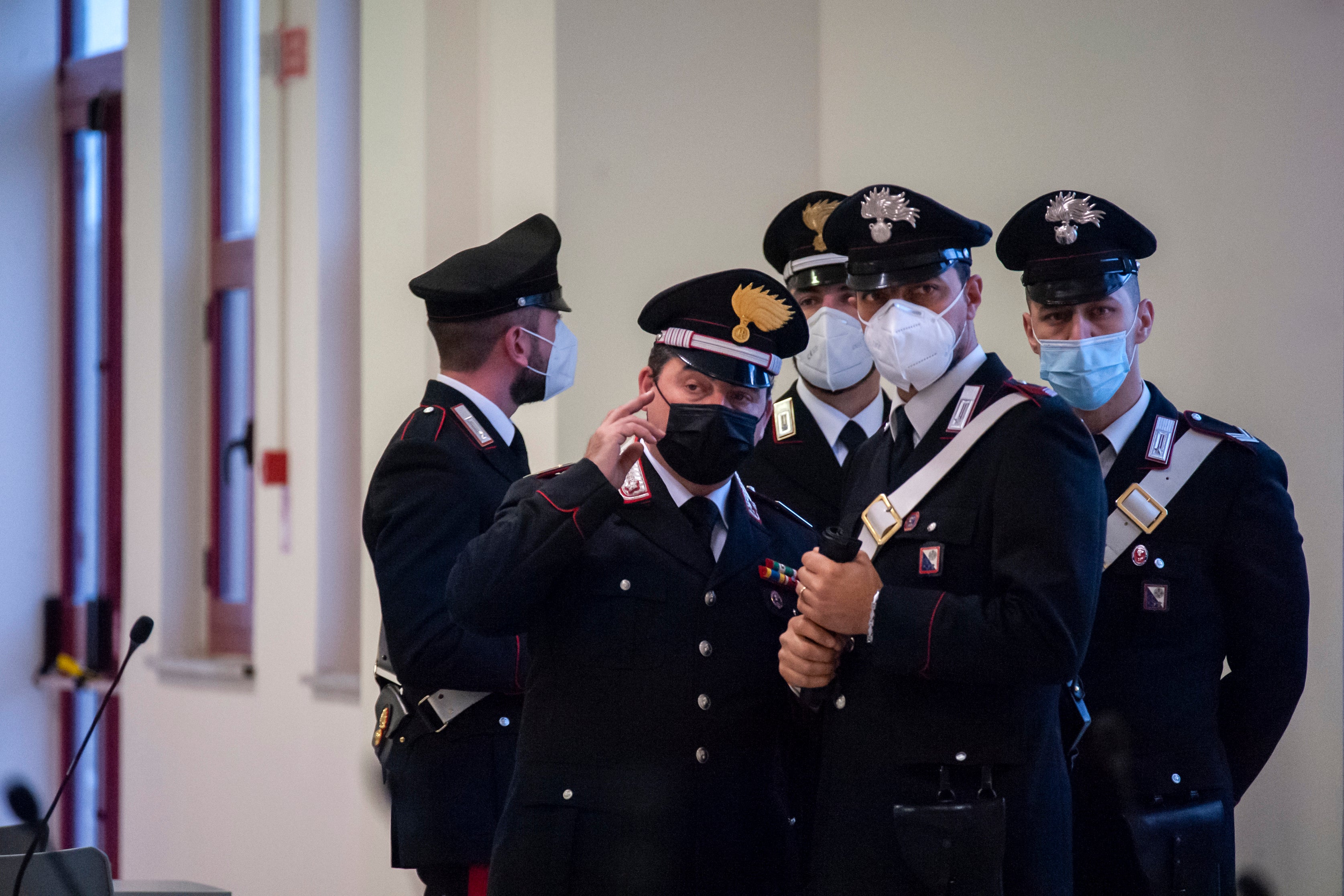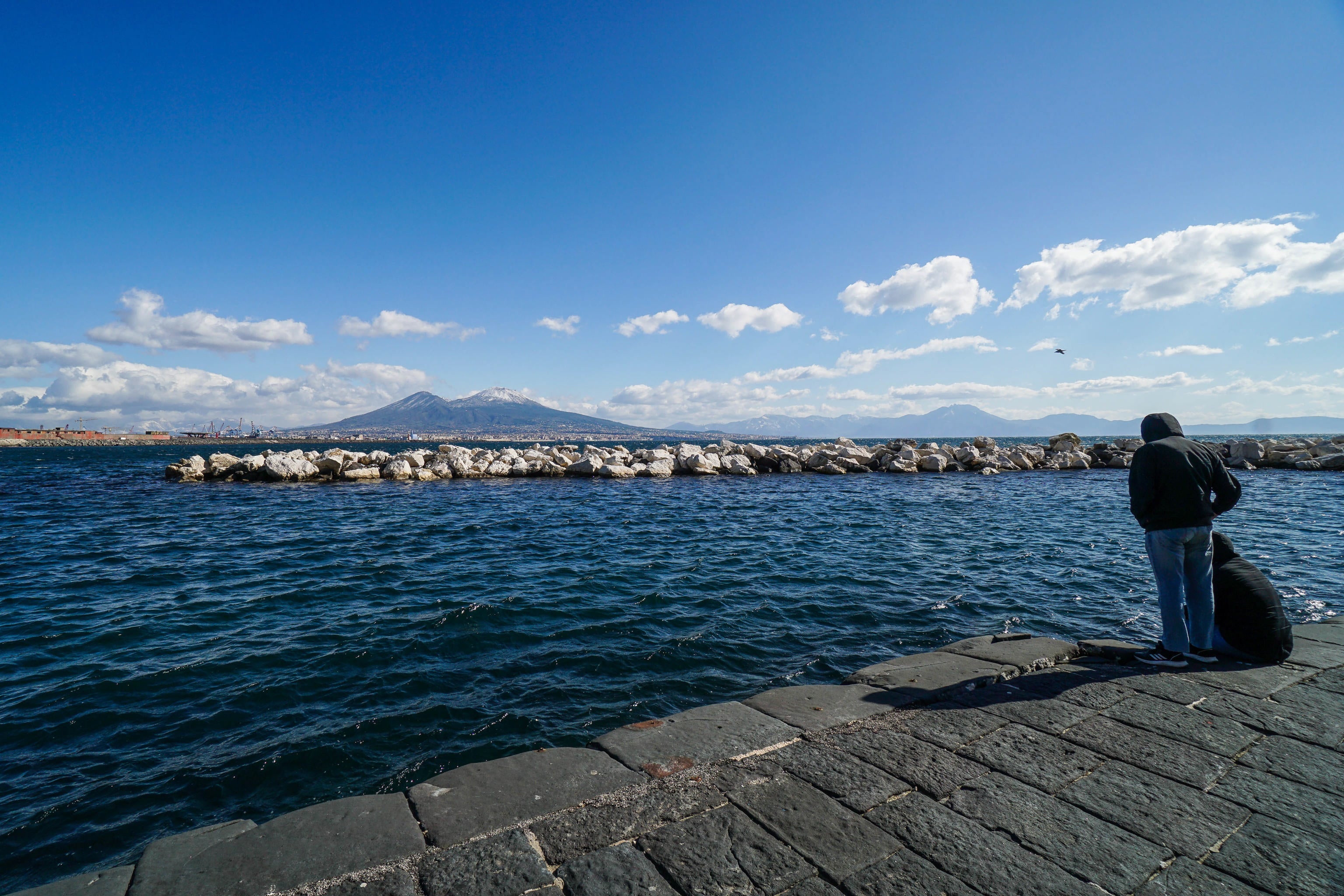How Italian mafia bosses are cashing in on the pandemic
The financial problems caused by coronavirus have opened valuable markets for Italy’s crime families to exploit, reports Stefano Fasano

When the pandemic began to ravage Italy last year, something sinister started happening to those businesses facing an unprecedented crisis due to lockdown.
Many started to receive unusual buyout offers, often much lower than their “normal” market price – but, on the plus side, cash-in-hand and with immediate payment. Others saw proposals coming in from “uninterested” investors, coming to their rescue, promising to inject money into their gaping finances.
Nothing specific or unreasonable was asked of the owners in the beginning. Only weeks or months later, this new “partner” would ask to have their money back but, if that was not possible, the investor would expect a larger share of the enterprise, even take it over.
This is how the main Italian crime syndicates, or “families” – the Sicilian Mafia (Cosa Nostra), ’Ndrangheta and Camorra – began to burrow further into Italy’s economy during the pandemic, becoming a “legal” part of it, not asking for money through violence and extortion, but by offering money to struggling businesses.
Italy is one of the countries which has suffered most from the pandemic, hit badly during the first wave last year and currently registering some 93,000 deaths linked to Covid-19, the second highest total in Europe, behind the UK. The economic cost has been high also.
“Offering money to then ask for a high interest rate has proven to be an extraordinary and almost risk-free way to infiltrate the legal economy,” explains Luigi Cuomo, president of SOS Impresa, an organisation dedicated to helping enterprises in difficulty.
The hidden plus of this kind of operation is acquiring the name, “history” and financial credibility of a previously respectable enterprise. In this way, the syndicates then act on the market as legal players with the huge resources coming from their illicit activities.
“Unfortunately, we weren’t able to help a number of small and medium-sized enterprises to claim state-backed loans that the government made available last spring,” Mr Cuomo told The Independent. The reason was that businesses were unable to give banks the necessary guarantees they’d repay their debt, despite the State guarantee. However, “in September, when many businesses started to reopen, we saw many of these companies investing with capitals we frankly could not justify, if not through ‘other channels’,” he says.
A confidential report from Italy’s Interior Ministry, published in November by the Italian newspaper Corriere della Sera, shows that in the first six months of 2020 all crimes were reduced by the lockdown, except loan sharking.

This confirmed the findings of an anonymous survey conducted by the Milan branch of Confcommercio, one of the country’s major business unions, among its members.
They discovered that at least 1 in 10 businesses had been the object of “anomalous attention” aiming to acquire parts or shares of the companies for prices well below market value.
“That number just doubled by the end of October,” explains Mario Peserico, vice president of Confcommercio Milan. “And it is reasonable to think this 20 per cent has grown since then. The number of all the ‘indicator crimes’ signalling usury may be happening – threats, damages to property – have gone up.”
However surprisingly, so far not a single business owner has come forward to report a case of usury to the police. “On the other hand, we can confirm there are investigations in progress into instances of usury tied to crime syndicates,” says Alessandra Dolci, chief prosecuting attorney of the anti-mafia Investigation Department in Milan.
“Their main goal,” she explains, “is to create a network of economic activities that allows the syndicates to create links with civil society, public institutions and police forces through those small enterprises. After all, it’s their ‘social capital’ that makes them invincible in Italy.”
According to Ms Dolci, the crime families identify companies sinking into a pandemic-related liquidity crisis.
“These people are generally professionals, like bank directors or accountants, who ‘indicate’ that a given company is in deep water, and it is very often this same professional who ‘proposes’ to introduce the entrepreneur in trouble to ‘a person capable of solving his problems’,” she explains. The offer is then followed by the acquisition of a minority share of the company, which later becomes a majority holding through the use of a figurehead.
However, crime families are not merely trying to infiltrate the legal economy through loan sharks and the acquisition of busted businesses, they’re using the pandemic crisis to swim with bigger fish. “According to our investigations, what we really need to be paying attention to are non-performing loans (NPLs), through which the syndicates are able to launder enormous amounts of money,” explains Vittorio Rizzi, deputy chief of the Italian police and head of the Italian Criminal Police department.
NPLs are the thousands of debts generated by the crisis which will likely never be paid back to the banks. According to Mr Rizzi, the families are investing in this deteriorated credit, which gets sold by banks to other societies, who in turn sell them to third companies controlled by mafia families’ figureheads. In this way the syndicates acquire the assets tied to these loans, and with it an easy way of laundering huge sums of money. “The problem in pursuing these actions is that technically, it’s perfectly legal,” says the deputy chief, because “when we find out, it’s usually too late” to trace back the origin of the money.

“Not all crime families are dedicated to this kind of business,” explains Luigi Cuomo, only the most “advanced”.
“Getting into the ‘economic system’ is not an easy task, you need ‘thinking heads’ and professionals, you need people with a degree,” he says. “Low-ranked criminal families do not have the instruments and the connections needed.”
According to Mr Cuomo, the “high level syndicates” are way more dangerous than “those which shoot, deal with drugs and kill”, because the latter tend to raise the level of “social alert”. This ends up attracting the attention of investigators and makes them ultimately, in his words, “limited in time and space”.
“Crime families which are capable of infiltrating the legal economy are instead not bound by any limit,” he says, “neither of time nor space.”



Join our commenting forum
Join thought-provoking conversations, follow other Independent readers and see their replies
Comments